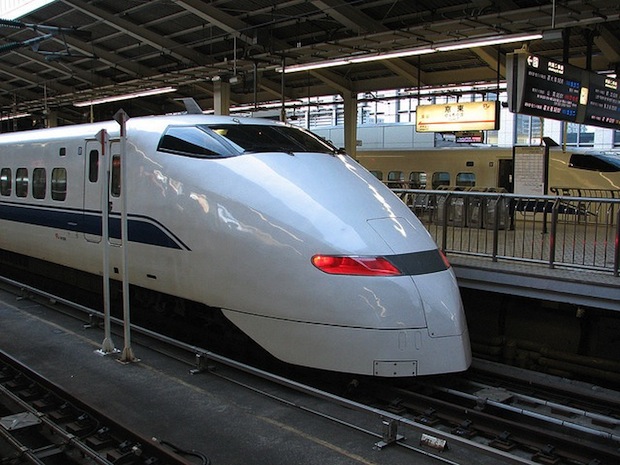
Photo: woodleywonderworks
Should you pay off your mortgage as quickly as possible? Or are you better off paying it over 30 years and investing any extra cash? A lot of misinformation can be found among the financial “experts,” and one of the favorite is this argument:
Keep your mortgage in place to maximize your tax deduction.
Why is this bad advice? The math simply does not add up. For example, a family paying a federal rate of 28% plus a state rate of 5% is liable for 33% of taxable income. So if your total mortgage interest is $12,000 this year, it comes out like this:
$12,000 interest – 33% tax liability of $3,960 = $8,040 net after-tax interest
In other words, even after tax benefits, you are still paying 67% of the gross interest cost after allowing for the tax deduction. If you could eliminate the entire mortgage debt, you would save the after-tax interest of $8,040 per year.
A second myth is that you are better off investing your cash elsewhere. The argument is:
Invest any extra cash to increase your investment income.
There is also a problem with this argument. That extra investment income will be taxable, so even if you could match your 5% mortgage with 5% interest income, is the risk comparable? Your home is insured, you maintain it, and it provides many benefits beyond just being an investment. If you make 5% by investing elsewhere, what level of risk exposure do you accept? Chances are that the risk you take to earn 5% is not as valuable as the investment risk of paying 5% on your home mortgage.
Is that 5% cost really such a big deal? Yes. If you are paying 5% on a 30-year fixed rate mortgage starting at $100,000, your total interest cost is $93,259, so that your $100,000 mortgage costs nearly double to get paid off.
Some additional startling facts about your mortgage (all based on a $100,000, 30-year fixed-rate mortgage):
- At the end of five years, you have only paid off about 8% of your mortgage. Considering that most people move to a new home after five years, that means your 60 months of payments were almost entirely interest.
- At the end of 20 years, your mortgage is only one-half paid off. The other half is repaid over the last 10 years.
- Adding $50 extra to your payment each month takes five years off the repayment term, reducing it to 25 years and saving about $18,000 in interest.
Mortgage interest is calculated based on the remaining balance each month, so the higher your balance, the more of your payment goes to interest. This is why paying off as much as you can early on — a process called mortgage acceleration — is a valuable investment. If your mortgage is fixed at 5%, every dollar you prepay today yields you a reduced interest of 5% at a compounded rate. That is going to be a much smarter and safer investment than you can make anywhere else.
Michael C. Thomsett is author of over 60 books, including Annual Reports 101 (Amacom Books Press), Trading with Candlesticks (FT Press) and the just released new book, Getting Started in Stock Investing and Trading (John Wiley and Sons). He lives in Nashville, Tennessee and writes full time.
This post was provided by Minyanville.com.








 Digg
Digg StumbleUpon
StumbleUpon Facebook
Facebook Twitter
Twitter LinkedIn
LinkedIn